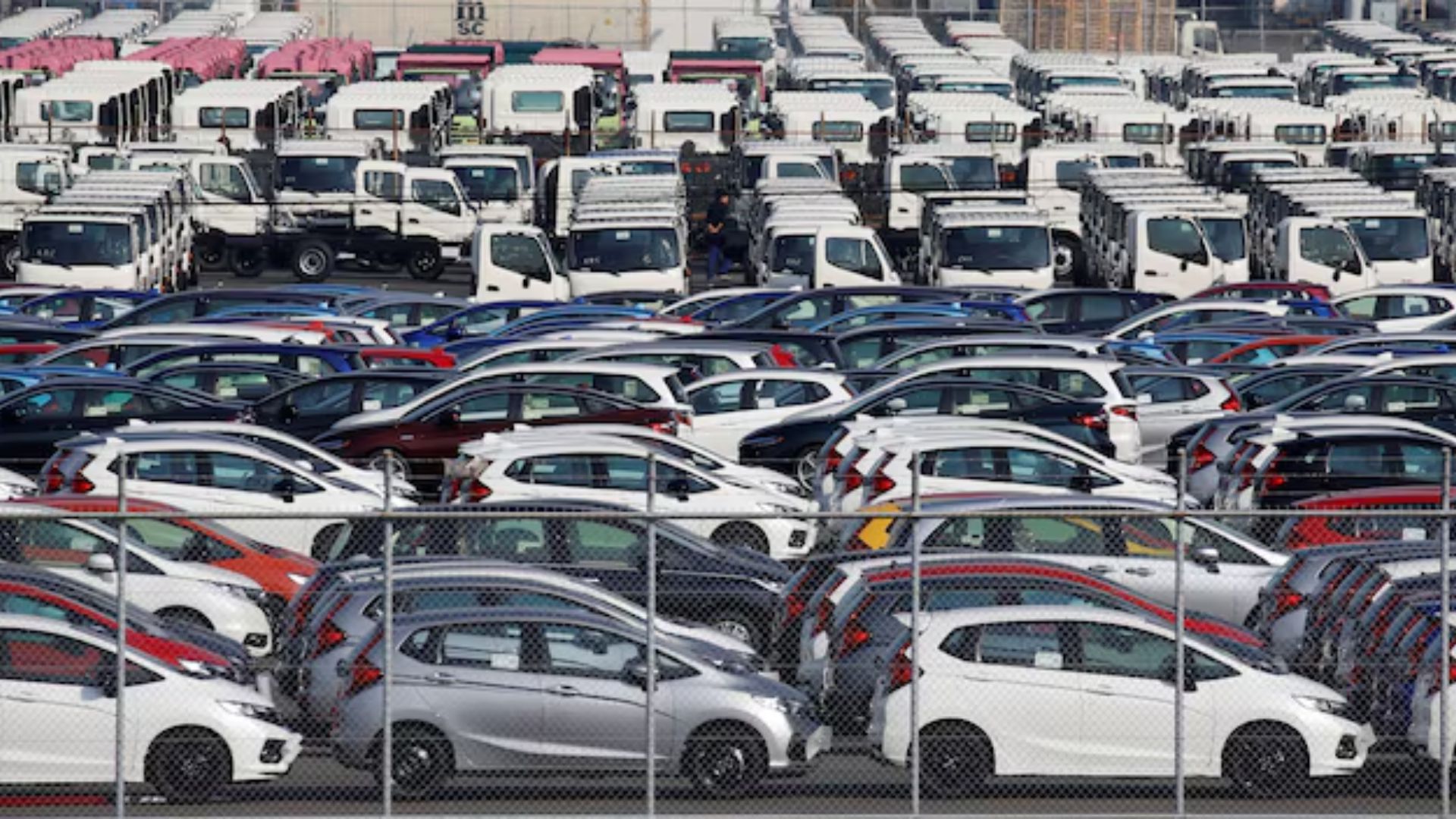TOKYO, (Reuters) – Labour unions at major Japanese auto manufacturers have set a specific target for pay hikes for wage negotiations for the first time in seven years, as they aim to spread wage growth momentum to smaller firms, a key goal of the government and central bank.
The labour group, the Confederation of Japan Automobile Workers’ Unions, will seek monthly pay hikes of 12,000 yen ($79.15) or more in spring wage negotiations, it said on Wednesday.
The target represents an increase of about 5% in base pay at member firms with workforces of less than 300 employees.
Japanese policymakers hope that broader and sustained wage increases will boost consumption and shore up fragile economic growth.
The labour group decided to revive a numeric target to give guidance to smaller unions, such as those at parts makers, who can use it as leverage in their negotiations, its executives told a news conference.
The group has 12 unions, including those of Toyota Motor and Honda Motor as well as of parts makers, under its umbrella, with 784,000 workers in total.
“With the actual target, we want to help smaller union members demand sufficient wage growth with confidence,” Akihiro Kaneko, the group’s chair, said.
The government and labour unions are focusing on achieving wage hikes at smaller firms, as bumper pay hikes have been skewed to larger firms so far.
Japan’s largest labour union group Rengo, which has the auto unions group under its umbrella, is seeking wage hikes of at least 5% in 2025, similar to this year’s hefty increase.
The target includes hikes of more than 3% in base pay – a key barometer of wage strength as it provides the basis for bonuses, severance and pensions.
Japanese companies agreed to an average 5.1% wage hike earlier this year, the biggest increase in three decades, following a 3.5% rise last year, according to Rengo, which has about 7 million members.
($1 = 151.6100 yen)
Reporting by Makiko Yamazaki; Editing by Muralikumar Anantharaman, Christopher Cushing and Kim Coghill











